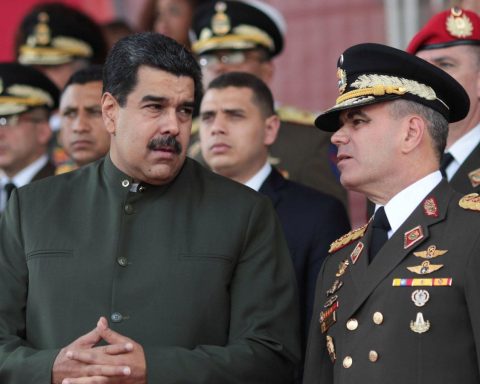Ronald Balza suggests that investment security and financing for companies should be provided to create a better integration with Colombia. That could ensure the return of Colombian companies to the country and the strengthening of national trade. He believes the reopening of the border is positive because it minimizes informality
The economist and dean of the Faculty of Economic and Social Sciences of the Andrés Bello Catholic University (UCAB), Ronald Balza, affirmed this Tuesday, September 27, that for a true integration between Colombia and Venezuela, more is needed than the mere opening of the border. between both countries.
Balza, in an interview granted to VPItvexplained that there must be a certain security for investments in Venezuela and the possibility of financing, which would allow the growth and strengthening of national companies.
He also mentioned another series of variables that must be taken into account, such as the non-threat on the exchange rate, long-term investment possibilities that in turn encourage the return of Colombian companies to the country. That, in his opinion, is part of a planning that must be done from the commercial sector in accordance with the authorities.
*Also read: Citizens on the Colombian-Venezuelan border: the reopening was neither total nor real
The dean of the Faculty of Economic and Social Sciences of the UCAB indicated that, on the Venezuelan side of the border, there have been economic problems since the official crossings were closed. He added that the transition from formality to informality had a great impact on the cost structure of many entrepreneurs, along with other eventualities such as the issue of 100-dollar bills and the purchase of gasoline or food.
Ronald Balza stated that the fact of the border reopening is positive because in this way informality is minimized and it opens the doors to greater trade in an area where both economies are integrated, despite the obstacles that have had to be overcome to keep ” border.
He considers that there is a disadvantage for Venezuelans due to the period of disinvestment in new technologies, breaks in business chains with the Colombian side; the modification in the way of making transactions with merchandise; the departure of human capital through migration that makes apprenticeships in the country difficult.
According to Balza’s opinion, although there are good opportunities to export products to Colombia, it is necessary to see the situation of the tariffs and how they are going to be charged in places other than those of the Special Economic Zones, since that will have a direct impact on the price. of the product.
Post Views:
121















